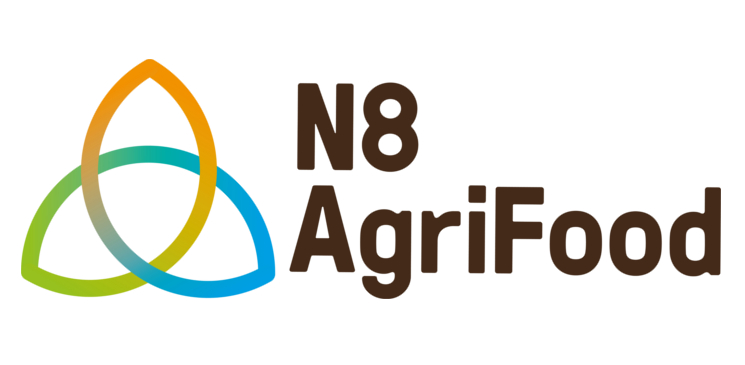
Researchers across the North of England have set their sights on transforming some of the region’s major cities into hotspots for urban farming.
A team of academics from the N8 Research Partnership’s (N8) AgriFood programme have met to discuss how the North can build a network of urban farms to grow plants and raise animals.
The research project is part of a worldwide bid to help boost food production, which is facing growing threats from global warming and rising populations.
The N8 Green Cities workshop, held at Newcastle University, sought to build bridges between scientists and community projects to achieve a more joined-up approach to urban farming.
Currently, London has the largest concentration of city farms and community gardens of any UK city.
The workshop highlighted the potential of both Leeds and Newcastle to become models of sustainable food systems and collaborative leaders for city development.
Urban agriculture is the growing of plants and raising of animals within metropolitan spaces. It can help to alleviate urban ‘food deserts’- making produce as local as possible and reducing the need for long-distance transportation.
This alternative approach to traditional farming provides a wide range of community benefits and has already seen urban farms popping up in rooftop gardens and the growing of crops on abandoned properties.
Scientists estimate that by 2050, 80% of the world’s population will live in urban areas, which has led to calls for the development of alternative approaches to increase local and sustainable food production.

Professor Lynn Frewer, of Food and Society at Newcastle University, said: “Urban agriculture is a reshaping the way we are able to grow crops and raise livestock here in the UK. Metropolitan areas across the North of England have the potential to boost their urban farming spaces and reap the rewards it offers to both local communities and the environment.
“The workshop was a great success and brought together N8 academics and community leaders from across the North. As global food production is placed under continued pressure, strategic collaboration throughout the region is vital to ensure we deliver the best results from urban farming.”